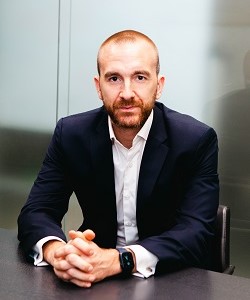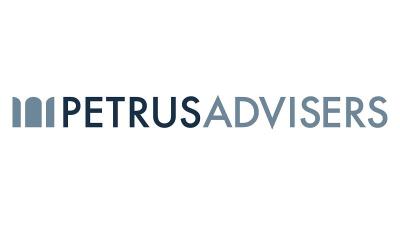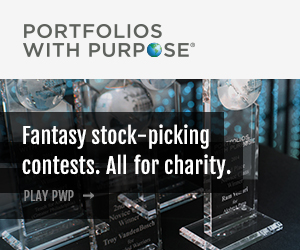Hedge Funds Q&A: Oliver Skutil, Petrus Advisers
2022 wasn’t the easiest year for equity hedge strategies as investors largely reallocated capital away from risk assets, dragging down equity prices broadly. 2023 might be different, however, and AlphaWeek’s Greg Winterton spoke to Oliver Skutil, Head of Special Situations at London-based hedge fund manager Petrus Advisers, to learn more about the outlook for European equity investing.
GW: Oliver, let’s begin with the specifics of your strategy. Petrus Advisers runs a European long/short public equity product with an activist bent. How do you approach the idea origination process to identify companies to ultimately take a position in?
OS: Our investment universe comprises north of 1000 companies. While we do of course run thematic screens (value, industry, ESG, etc.), a lot of the idea generation is through our extensive network in the geographies and industries we invest in. This includes restructuring consultants, industry experts, private equity funds, etc and has the advantage that a catalyst is typically part of the thesis from the outset. Once we have identified an idea, typically 100-150 companies per year, we do high level work (typically some 20-30 pages) on the industry, the business and the thesis. If an idea passes out investment committee, the team performs a deep dive in order to cover the key issues identified and develop a proprietary case. At this stage, we typically engage with management and board and often also other shareholders. In a normal year, we end up making two to five new investments with an activist focus.
GW: Picking up on the ESG topic – you went for the ‘light green’ approach under Article 8 of Europe’s SFDR. Why not go all the way?
OS: That is a very good question. As an activist fund, we systematically engage with our portfolio companies and have real impact. Also, Environmental, Social and Governance related topics have been embedded in the nature of our activist investing since inception i.e. even before it became wildly popular. As a matter of fact, we have a proprietary ESG due diligence framework that we apply to each company we screen and/or invest in. On the environmental side, this framework is based on our clear commitment to contribute to a net zero world. Our work has included numerous public campaigns where we have demanded and achieved improvements to governance terms and/or emission related transparency and improvements. So, we would not call our approach “light green”. At this stage, we deem Article 9 a little too narrow for our core strategy. But this does not mean that at some point we could not launch an Article 9 fund.

GW: Are there any sectors or countries where you see more opportunity than others? If so, what are they and why?
OS: We continue to see ample opportunities in the European mid-cap space with no particular country in mind. Our focus tends to be on value driven, cash generative companies that, often businesses that have gone through a period of under-performance and where we can identify clear-cut improvement levers. Sector-wise, we have seen plenty of opportunities in software and banking. In the current economic environment of higher inflation and weaker demand, cost savings is going to be a key theme for pretty much all companies we look at. We recently launched campaigns on Temenos, a Swiss banking software company, on Teamviewer, a German remote access software company, and on Deutsche Pfandbriefbank, a German commercial real estate lender.
GW: There are plenty of hedge fund managers that would consider themselves to be ‘activists’ but that don’t make publicly available their letters to company management, for example. Petrus Advisers does. What’s the rationale for this very public approach?
OS: We mean what we say and like to be challenged by other stakeholders, press or members of the public. On many occasions, we ultimately rely on the support of other like-minded shareholders that need to understand our action plan before voting for our motions in an Annual General Meeting for example. This includes the long only community, passive funds as well as other hedge funds and most importantly, the retail investor.
GW: Lastly, Oliver, what are some of the tailwinds that you’re seeing in Europe that makes you believe that there is a medium to long term opportunity to generate alpha from these markets using an activist approach?
OS: We believe that European companies are generally becoming more receptive to activist investors as they understand that ignorance no longer works. That coupled with the push for more active involvement of the passive investor community bodes well for activists acting as agents of change. The long-term opportunity remains unchanged i.e. finding a target that is not fulfilling its potential and changing that as opposed to buying and hoping for a better tomorrow.
Oliver Skutil is Head of Special Situations at Petrus Advisers
© The Sortino Group Ltd
All Rights Reserved. No part of this publication may be reproduced, stored in a retrieval system or transmitted in any form or by any means, electronic, mechanical, photocopying, recording or scanning or otherwise, except under the terms of the Copyright, Designs and Patents Act 1988 or under the terms of a licence issued by the Copyright Licensing Agency or other Reprographic Rights Organisation, without the written permission of the publisher. For more information about reprints from AlphaWeek, click here.







